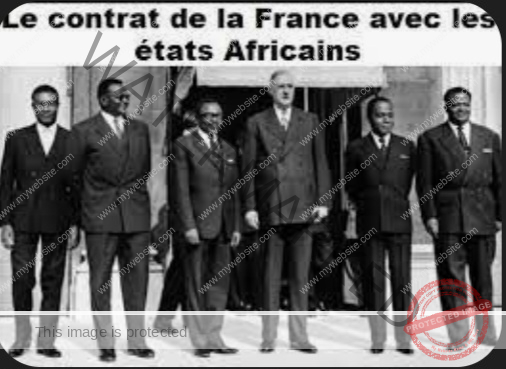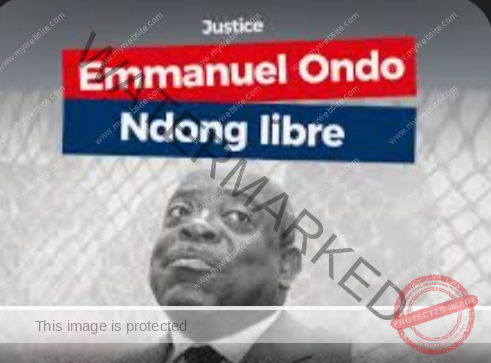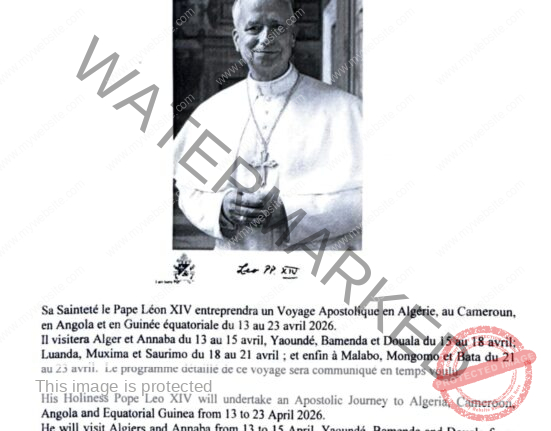The economic model that underpins France’s state spending and global influence is being challenged at its foundation. African countries are nationalizing assets, rejecting military accords, and pivoting towards new partners.- France’s public debt has ballooned to €3.3 trillion (114% of GDP), with debt servicing eating up 7% of state expenditure.
By The Independentist news Desk
A Continent Shakes Off the Shackles of Françafrique
Across the African continent, a new and unapologetic wave of anti-French sentiment is rising. From the Sahel to Central Africa, Africans are increasingly denouncing not just the lingering colonial legacy, but the opaque post-colonial agreements—often called the “secret pacts”—that have for decades siphoned Africa’s wealth to sustain French economic power and luxury.
What began as murmurs of discontent among intellectuals and youth activists has transformed into a continental awakening, with governments, military juntas, civic movements, and ordinary citizens questioning the foundations of France’s role in their economies, security structures, and governance systems.
The Françafrique System: A Hidden Economic Pipeline
After the formal end of colonial rule in the 1960s, France meticulously crafted a web of political, economic, and military agreements with its former colonies. These “Cooperation Accords” ensured that African countries would remain economically tethered to Paris even after gaining flags and anthems.
Key mechanisms included:
The CFA Franc System – 14 African countries were required to deposit up to 65% of their foreign reserves into the French Treasury, giving Paris direct control over their monetary policy while guaranteeing convertibility for French businesses.
Exclusive Resource Contracts – Strategic resources such as uranium from Niger, oil from Gabon, timber from Congo, and cocoa from Côte d’Ivoire were often tied up in opaque, long-term contracts that favored French multinationals like TotalEnergies, Areva (now Orano), and Bolloré.
Military Bases and Interventions – France maintained permanent military bases in countries like Senegal, Gabon, Chad, and Djibouti, ensuring that any leader who veered away from French interests could be swiftly replaced through coups or political pressure.
This entire ecosystem, known as Françafrique, created a one-way flow of wealth: Africa’s resources and capital funded French prosperity, while African nations remained dependent, underdeveloped, and politically fragile.
The Political Chaos in Paris: A Symbolic Moment
As these anti-French currents gain strength, France itself is descending into domestic political turmoil. On Monday, Prime Minister Sébastien Lecornu resigned less than 24 hours after announcing his government—the fourth prime minister to collapse in barely a year. His resignation, accepted by President Emmanuel Macron, has plunged France deeper into crisis as the CAC-40 index dropped nearly 2% in reaction.
This crisis is not isolated from Africa. The economic model that underpins France’s state spending and global influence is being challenged at its foundation. African countries are nationalizing assets, rejecting military accords, and pivoting towards new partners—Russia, China, Türkiye, and increasingly, African regional alliances. As French influence contracts, France’s public debt has ballooned to €3.3 trillion (114% of GDP), with debt servicing eating up 7% of state expenditure.
For decades, Africa’s minerals, reserves, and cheap exports cushioned France’s welfare system and funded its global ambitions. Now, as that pipeline is disrupted, France faces both external pushback and internal instability.
Sahel Revolts and the End of Military Dependency
The turning point came in the Sahel. Between 2020 and 2023, a wave of coups in Mali, Burkina Faso, and Niger swept away France-aligned regimes. The new juntas expelled French troops, revoked defense agreements, and reclaimed control over airspace and resource contracts.
In Niger, the termination of uranium export contracts struck at the heart of France’s nuclear energy industry, which depends on Nigerien uranium for roughly 15% of its supply. In Mali and Burkina Faso, French military operations were replaced by homegrown security structures and new alliances—particularly with Russia’s Wagner forces—signaling a strategic realignment.
These actions inspired movements across Chad, Senegal, the Central African Republic, and even Francophone West African youth in the diaspora. The message is clear: France can no longer rely on old elites to maintain control.
CFA Franc Revolts and Economic Sovereignty
Another flashpoint is the CFA franc. Long seen as a symbol of colonial continuity, the CFA has been under intense scrutiny. Leaders and economists from Benin to Cameroon have called for the creation of autonomous African currencies, and the West African Monetary Zone has revived plans for the Eco, a regional currency independent of Paris.
For decades, the CFA system allowed France to recycle African reserves into its own banking system, stabilize its currency, and give French companies extraordinary competitive advantages in African markets. Ending the CFA would represent a major blow to France’s global financial leverage.
The Cultural and Generational Revolt
Perhaps the most significant change is cultural. A younger, more connected African generation is refusing to inherit the deferential attitudes of their post-independence leaders. Social media campaigns, documentaries, investigative journalism, and podcasts have exposed the depth of France’s manipulation, from the assassination of independent leaders like Thomas Sankara and Sylvanus Olympio to the propping up of dictators who protected French interests.
This cultural revolt is no longer fringe. It is mainstream, continental, and irreversible.
A New Strategic Landscape
As France stumbles politically at home and loses its grip abroad, African nations are crafting new geopolitical identities. Pan-African cooperation is growing; ECOWAS and other regional blocs are rethinking security structures; and new global players are stepping in without the paternalism that defined French relations.
For the first time since the 19th century, Africa is asserting itself as an equal player, not a subordinate supplier.
Conclusion: The End of the French Exception
France’s post-colonial dominance in Africa has always been described as “exceptional”—a unique blend of culture, military presence, and economic interdependence. But this exception is collapsing. The resignation of a prime minister amid political chaos in Paris is not just a French domestic story; it is a reflection of a changing global order, where Africa is no longer a passive resource base but a decisive geopolitical actor.
The anti-French wave sweeping the continent is not merely reactionary—it is reparative. It seeks to end decades of structural theft, restore sovereignty, and redirect Africa’s wealth to its own development.
This is the new African awakening. And it is here to stay.
The Independentist news Desk





















Leave feedback about this